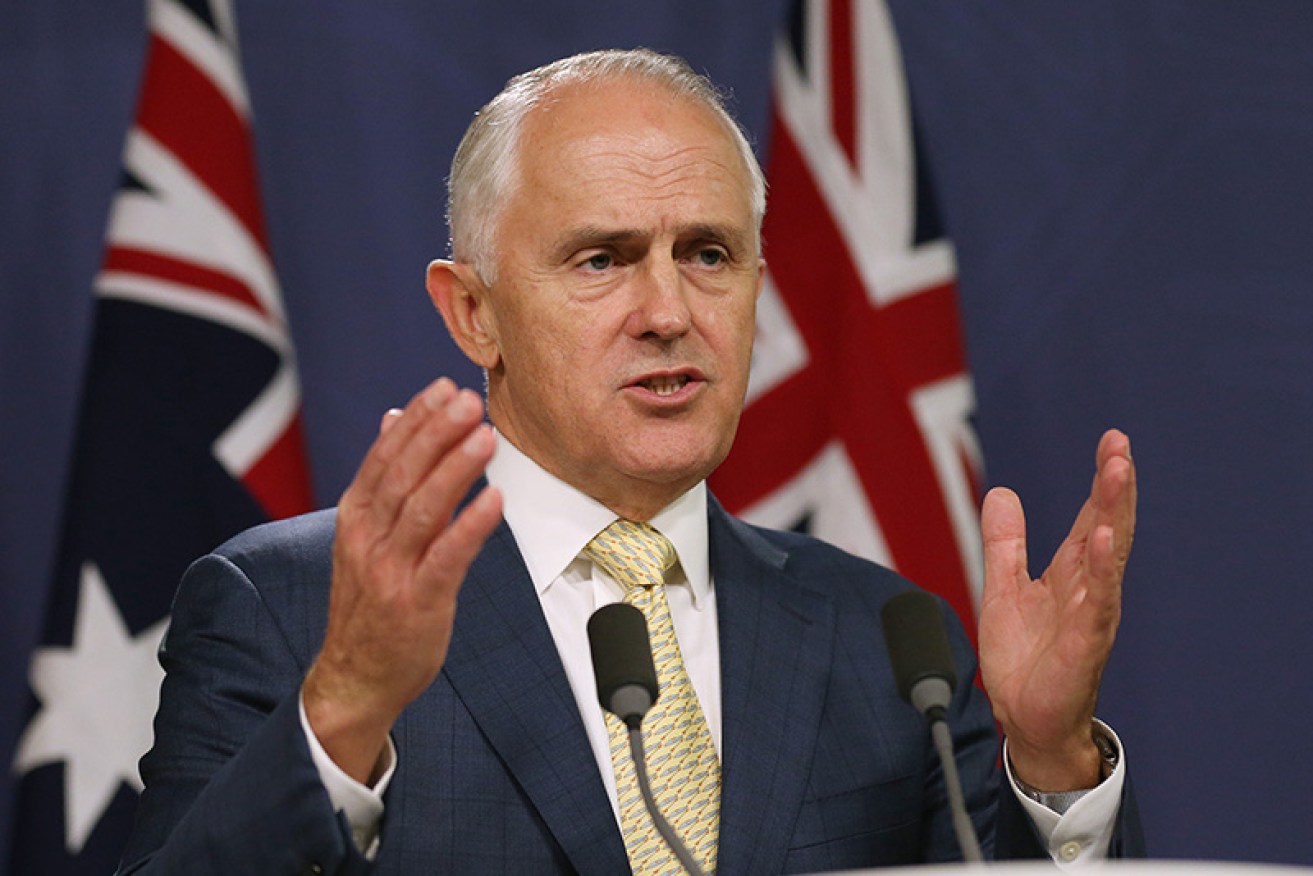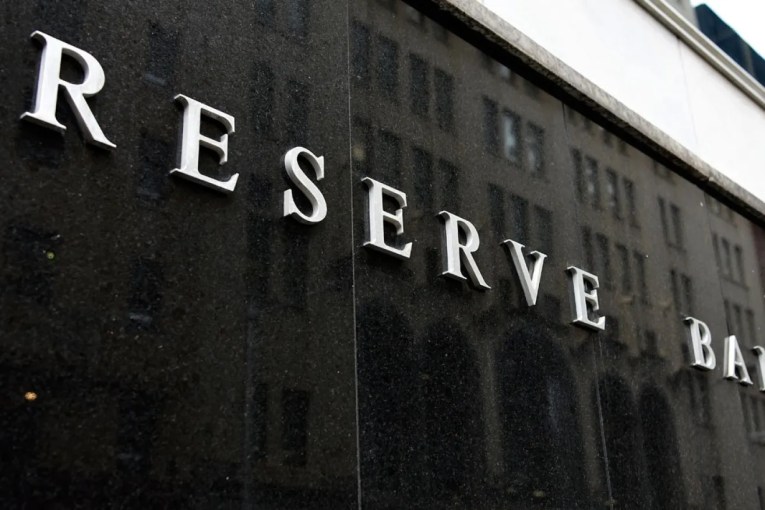Why a market spike would be bad economic news


AAP
ANALYSIS
When Treasurer Scott Morrison fronted the National Press Club on Wednesday, he was singing from the Turnbull hymn sheet – talking things up, rather than down.
He mentioned ‘growth’ 54 times, ‘opportunity’ eight times, ‘risk’ once and ‘threat’ not at all.
It’s a refreshing change from the grim rhetoric of Tony Abbott and Joe Hockey, who never missed a chance to tell us we were doomed, and it was Labor that had doomed us.
• Govt confirms it will change superannuation
• The war between rent-seekers and tax-payers
• Australian renters spending way above their means
Morrison and Prime Minister Turnbull speak instead of an exciting turning point in the economy, in which ‘agility’ and ‘innovation’ create the industries of the future – what they call the ‘ideas boom’.
And yet that process is always subject to risks, both domestic and international.

The RBA sees a property downturn as a potential shock. Photo:AAP
Morrison acknowledged this to an extent in his speech, saying: “Our philosophy is that you can better target and control the things you can control in economic policy if you have a better understanding of the things that you can’t control.”
Domestic vs international shocks
The day after the Morrison speech, RBA assistant governor Malcolm Edey, broke down some of these risks in a similarly upbeat speech to Australian Shareholders Sydney Association Investor Forum.
He correctly identified the biggest domestic risk as being an overheated housing market, the wobbly commercial property market, and the banking system that supports both.
That said, Edey is pretty certain that regulatory changes pushed through by the Australian Prudential Regulatory Authority are all we can do to guard against a domestic property-related shock.
He said: “Australian banks have increased their resilience over recent years … Of course, none of this guarantees that Australian banks will be immune to international shocks in the future.”
Quite right. In recent years Australia’s fortunes have been tossed around like a seal by a killer whale, though to date we’ve mostly landed in one piece.
Put another way, the economic successes of both recent Coaltion and Labor governments have been helped by the long ‘positive shock’ known as the mining boom, the pace of which was redoubled by China’s enormous stimulatory building splurge from 2009.
When positive is negative
In an ideal world, the Turnbull government’s plans for an ‘ideas boom’ would best be rolled out in world without shocks – a world with a slow and steady return to global growth, a successful transitioning of China to a consumption-driven economy, and a world in which central banks benignly go back to their traditional role of keeping inflation and unemployment in check.
As the OECD pointed out on Thursday, there’s not much chance of those things happening, and there is a growing body of opinion that further global shocks affecting Australia will be negative, not positive.
What would a negative global shock look like? Well we know that already, because a large number of emerging market nations are feeling the bite of the commodities downturn. Brazil’s economy, for instance, is set to shrink 4 per cent next year.

Brazil’s economy is set to shrink four per cent next year. Photo:Getty
As Edey pointed out on Thursday: “… country-specific risks also seem to have been increasing in a number of other emerging market economies – for example Brazil, Russia and Turkey. Among the various factors contributing to that have been falling commodity prices, political instability and concerns over excessive corporate leverage”.
Australia is not usually thought of as an emerging market, but it is a nation with a huge private debt problem, a government heavily leveraged to commodity prices, and competitiveness problems across a range of industries ‘hollowed-out’ by the mining boom.
That makes more bearish commentators assume that the big threat to the ‘ideas boom’ will be a negative shock – commodity prices continuing to fall, the cost of our heavy foreign borrowing shooting upwards and the dollar tumbling to record lows.
It’s not impossible, but positive shocks would be worse for Australia. That’s because in the long run, positive shocks cripple the economy more surely than the negative ones.
As previously explained, there is a worrying tendency in Australia to cheer every time the stock-market, house prices and perhaps even the Australia dollar itself rise – regardless of what those indicators mean for our future.
When those indicators are being driven up by some of the more bizarre events offshore, they are not signs of future prosperity.
If share valuations run ahead of profits, they will have to fall back to lower valuations in future. If house prices run ahead of incomes, the same is likely true. And a too-high dollar destroys exporting industries that would otherwise be competitive in international markets.
Right now there are two main sources of more positive shocks.
One is the continuing flow of capital from China into Australian property and shares. China is trying to stop these flows, but there are varying opinions about their ability to stop wealthy people ‘escaping’ with the large pots of money they’ve built up in recent years.
The other comes from Japan, the European nations, and perhaps even the US. Fund managers in all those developed countries have a long history of stashing away wealth in Australia, or making ‘carry trades’ that turn the Aussie dollar into a kind of casino.

Let’s hope Australia is unattractive to offshore investors. Photo: AAP
If they move money here to escape global volatility, their actions become for a while self-fulfilling plays – pushing the dollar up, the share market up, and providing a falsely cheery story to people still intent on paying sky-high prices for houses.
What Morrison and Turnbull should be hoping for, by contrast, is a very boring period of economic history – with a dollar substantially lower than the current 72 cents, with small foreign capital inflows into housing and shares, and a nice boring, flat housing market at home.
In those condition, the ‘ideas boom’ could really help create the competitive industries of the future.
Shocks will be inevitable along the way, but we should all hope that falsely ‘positive’ shocks do no reappear for a generation.









